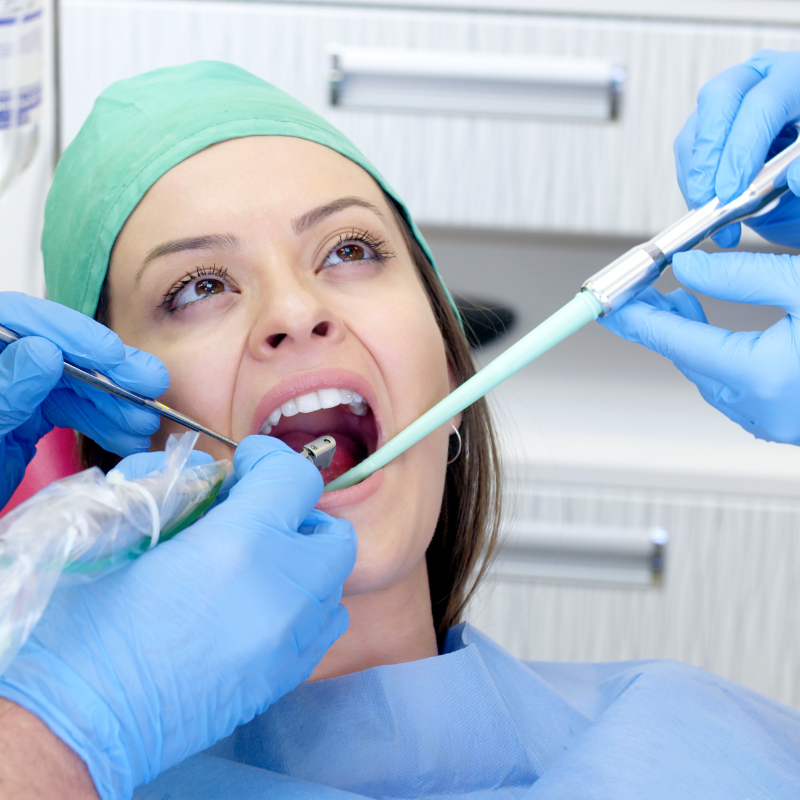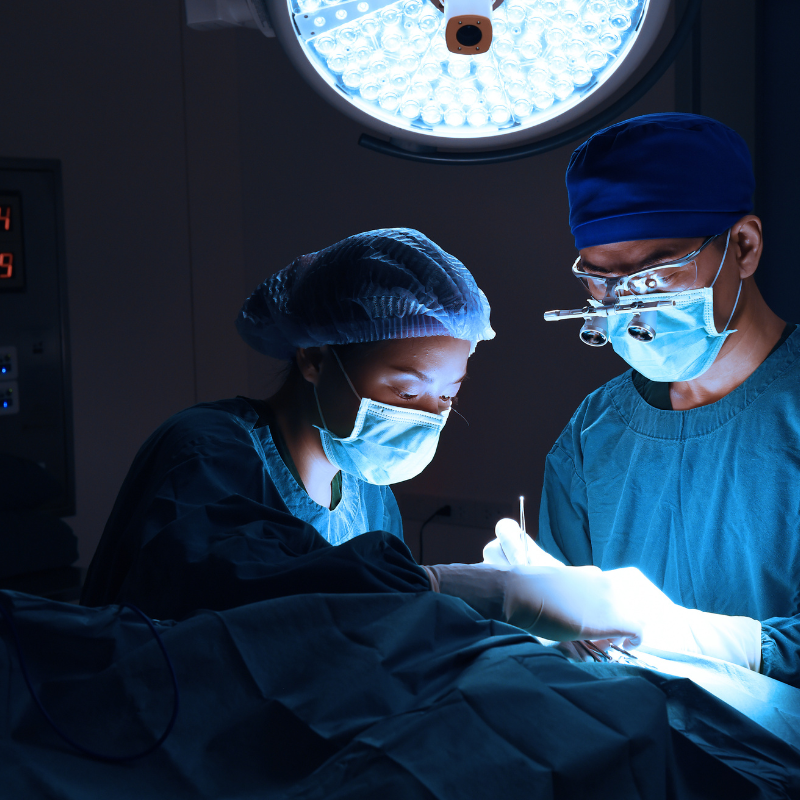
Dental & Maxillo Facial Surgery
Oral and maxillofacial surgery is surgery to correct a wide spectrum of diseases, injuries and defects in the head, neck, face, jaws and the hard and soft tissues of the oral and maxillofacial region. It is a recognized international surgical specialty, and it is one of the nine specialties of dentistry recognized by the American Dental Association
Dental Surgery refers to any surgical procedure performed on your teeth, gums, jaws or other oral structures. This includes extractions, implants, gum grafts and jaw surgeries. Oral surgery is usually performed by an oral and maxillofacial surgeon or a periodontist. These are dental specialists who have advanced training in oral surgery procedures.
Maxillofacial Surgeons, sometimes called oral and maxillofacial surgeons, are trained to handle a wide variety of conditions and injuries that affect the head, neck, mouth, jaw, and face. These surgeons are also trained in anesthesia and pain control, with a focus on anesthesia that allows you to walk out of the office at the end of your appointment.

